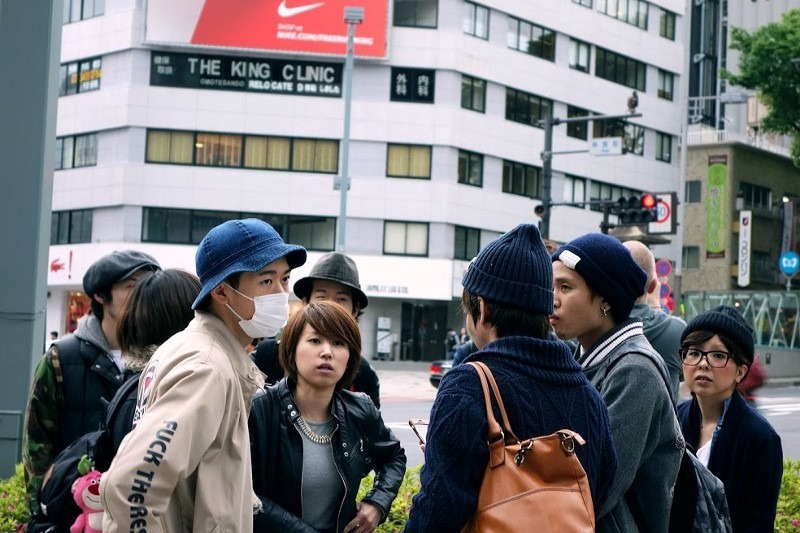It is a breath of fresh air to start this New Year, especially when thinking back on the difference in the feeling now compared to this time last year. At that time, most businesses and consumers were literally reeling in the aftermath of the “Lehman shock,” picking through its rubble and trying to make sense of the new world order.
In 2009, we witnessed global contraction in nearly all categories of products and services as consumers valiantly sought to conserve cash, survive and prepare for what they clearly perceive as a diminished future. Oh, the stories I have heard! Even the high tech arena was touched, albeit not as dramatically as some others.
Most have had to make adjustments, both on a personal and business level, and some have even proclaimed that the situation we now find ourselves in is actually the “new normal,” a keen observation with which I tend to agree.
So just where are we now? As I pointed out in November, consumer stress levels, while still high, are at least trending lower than they were 6 months and 1 year ago, both in Japan and the U.S.
I’m not saying it’s a bed of roses, mind you. But people do adjust, just as we saw the Japanese stoically manage to in the wake of the bursting of the bubble in the early 90s. In the years since, many have had to find new ways to make a living, including part-time jobs and entrepreneurial activities. There will be more of this behavior as people seek to find new ways to “make it” in what has become the new operational environment.
At the same time, individual investors have apparently lost some of the fear that they had last year, and are again putting some monies into stocks and bonds. Consumer propensity to mix “small luxuries” into their otherwise more austere lifestyles, such as a piece of gourmet chocolate, a moderately-priced dinner out, or a stay in an up-end business hotel, has only gained momentum. And while the shine has been off luxury brand sales, there are whispers that customers are at least “looking” again. Amidst an overall shift to cheaper alternatives such as Uniqlo, Zara and H&M, there are still many who may have pared expenses down for the time being, but are still appreciative of the high quality that luxury brands offer and are simply managing with fewer items.
In Japan, many of the more constrained consumer attitudes and behavior that we are witnessing today were already in play prior to the financial tumult, and those events have only driven those tendencies deeper. In this new “consumer world order” a few things are certain:
– Consumers are more well-informed than ever before, having access to more information from a wider variety of channels.
– Consumers are more jaded than ever before, having lost trust in the institutions that previously were depended upon.
– Consumers are choosier than they have ever been, and will require more convincing to part with their hard-earned money.
Companies marketing everything from financial services to luxury brands to travel to food and even to healthcare will have to work even harder than before to ensure they are offering substantive value to their customers. Competition is good. As businesses and consumers evolve together, we are sure to see some interesting developments in the year to come.
Debbie Howard is Chairman of CarterJMRN and President Emeritus of the American Chamber of Commerce in Japan.
Originally Published in Nikkei Weekly, 31st January 2010
CarterJMRN is a strategic market research agency that has been helping clients with consumers and businesses in Japan and beyond since 1989.
We believe that, although the terrain you face in building a successful marketing strategy and activation path sometimes seems obscure, the path to success is knowable and that the consumer is the guide who will show you the way.
Find out more and get in touch on our site
